So Cool. The Vastness Of Our Solar System Put Into Perspective.
So cool. The vastness of our solar system put into perspective.
More Posts from Smartler and Others
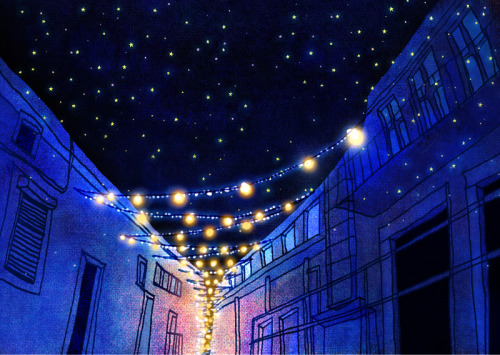
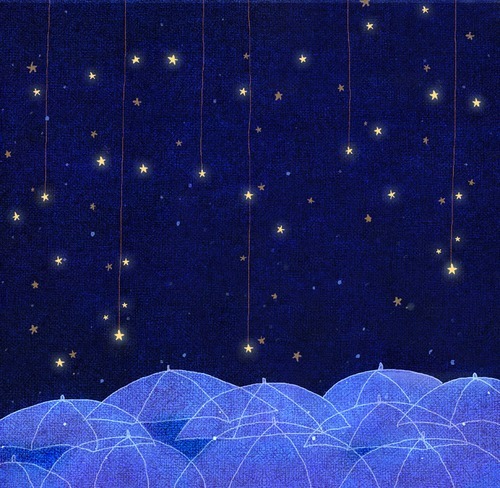
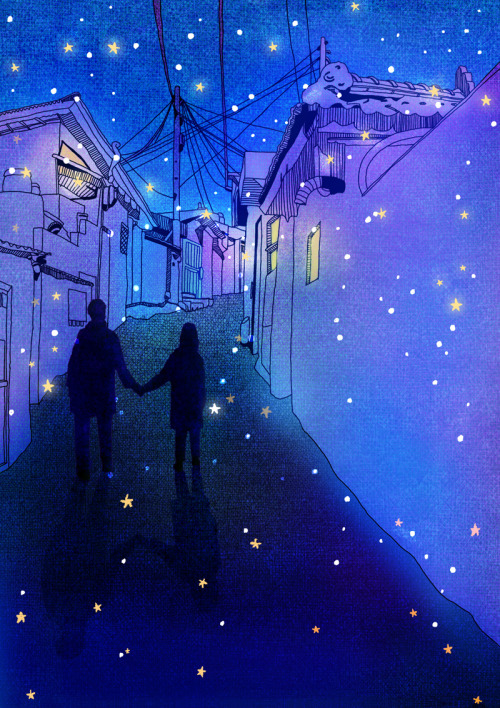
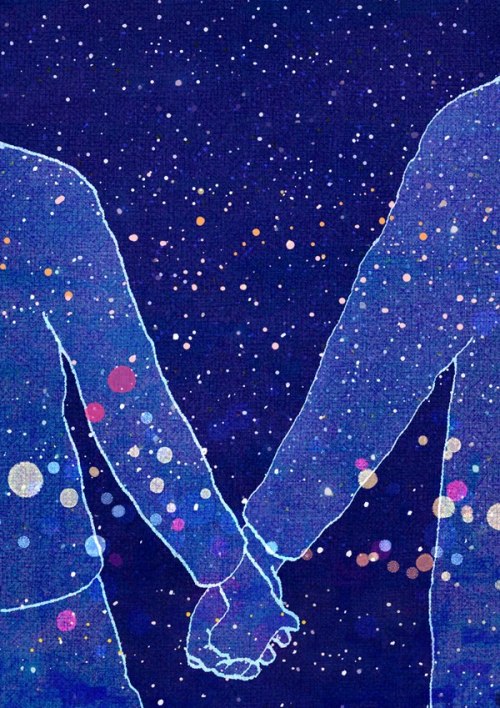
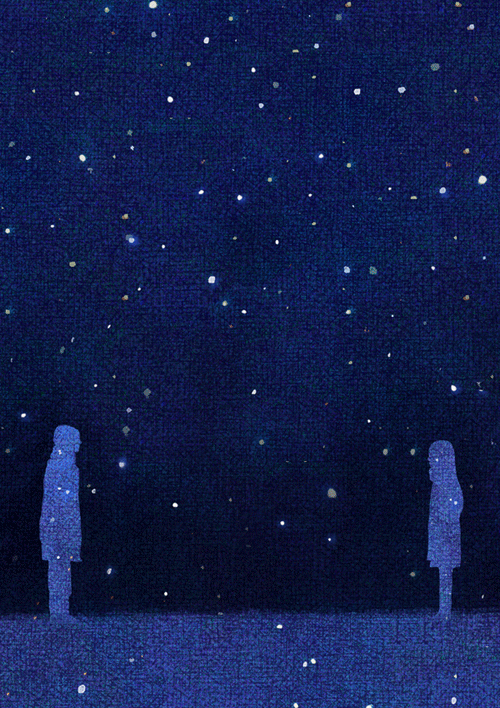
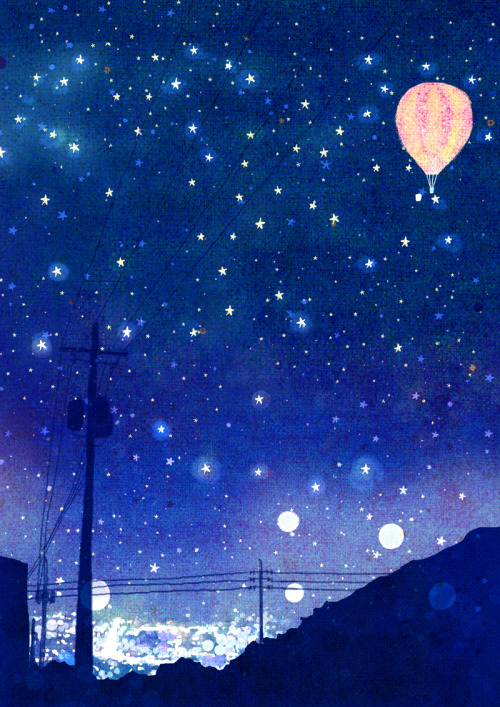
I really love these starry illustrations by Hajin Bae.



When can I see the supermoon eclipse tomorrow night?
On Sunday night, people in parts of western Europe, western Africa, North America and all of South America will be able to see a lunar eclipse. And this one’s extra special, because the moon will be at its perigee – the closest it gets to Earth. Not only will the moon turn red (learn why it turns red here) it will seem larger than usual.
In the first GIF I’ve listed the times the moon will enter Earth’s faint shadow (the penumbra) and then its darker, red-tinted shadow. You can figure out exact times for your location using the U.S. Naval Observatory’s handy calculator.
The second GIF shows the eclipse from another perspective - looking down on Earth’s north pole. This is to scale. It always surprises me to see how far apart the moon (the white dot) and earth (the blue circle) really are. The sun is off screen to the right, casting a long shadow. The colored lines radiating from earth show the approximate horizon lines in the four time zones. Once the lines pass, the moon is visible. Everyone in the contiguous US will be able to see the eclipse, but only people in the Easter and Central time zones will be able to see it start.
(If you want this information in song, some awesome sixth graders from Old High Middle School in Arkansas updated my eclipse song from last year. Or check out this completely original and funny song by Scarlett Simmons).
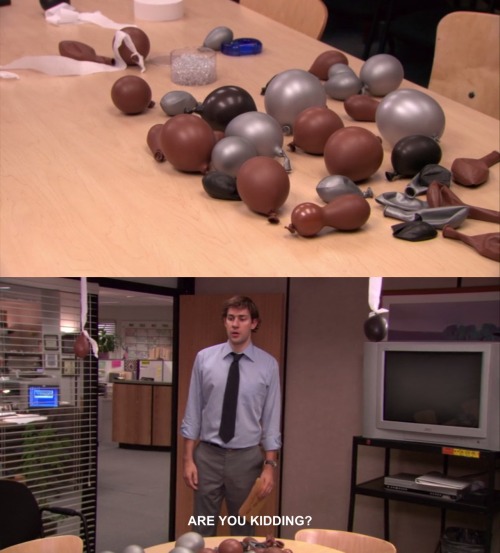


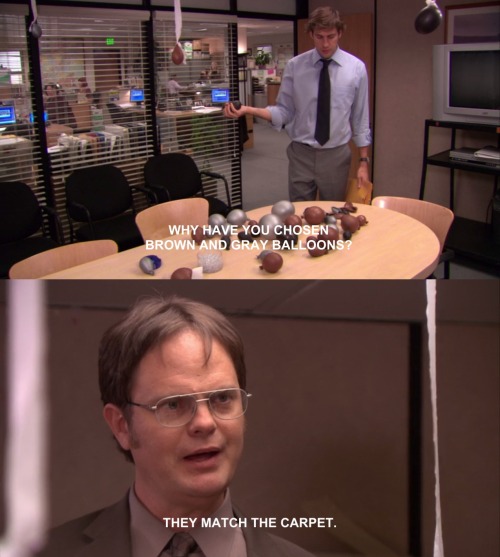

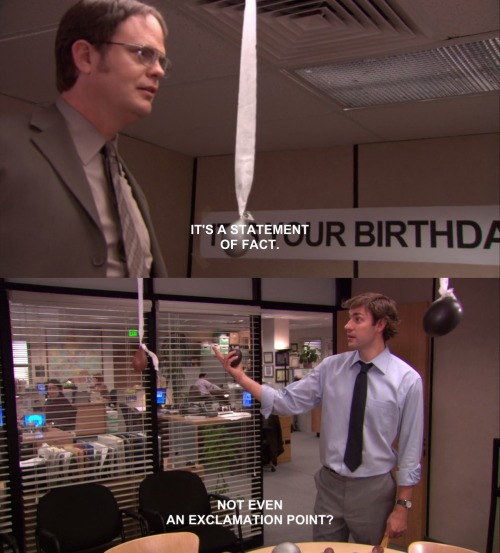

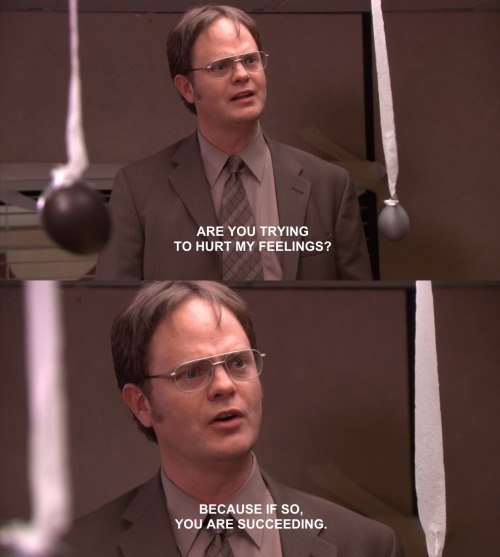

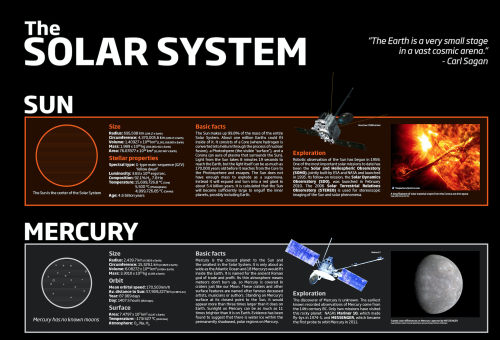
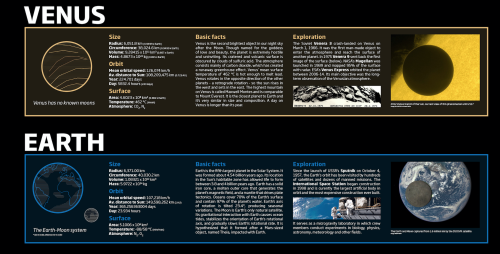
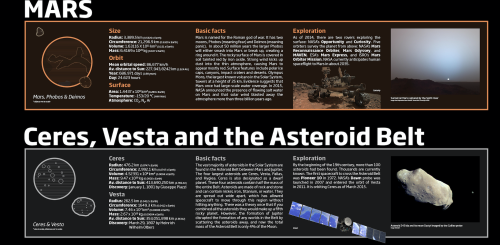
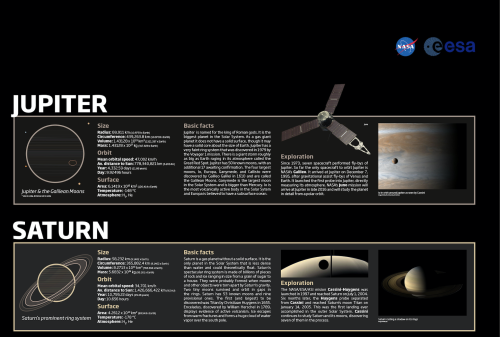
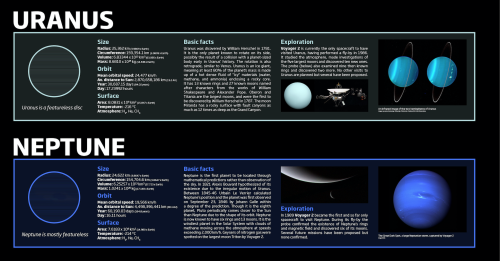
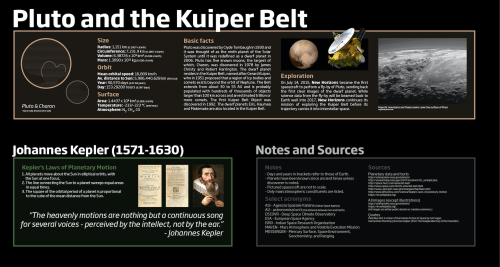
The Solar System
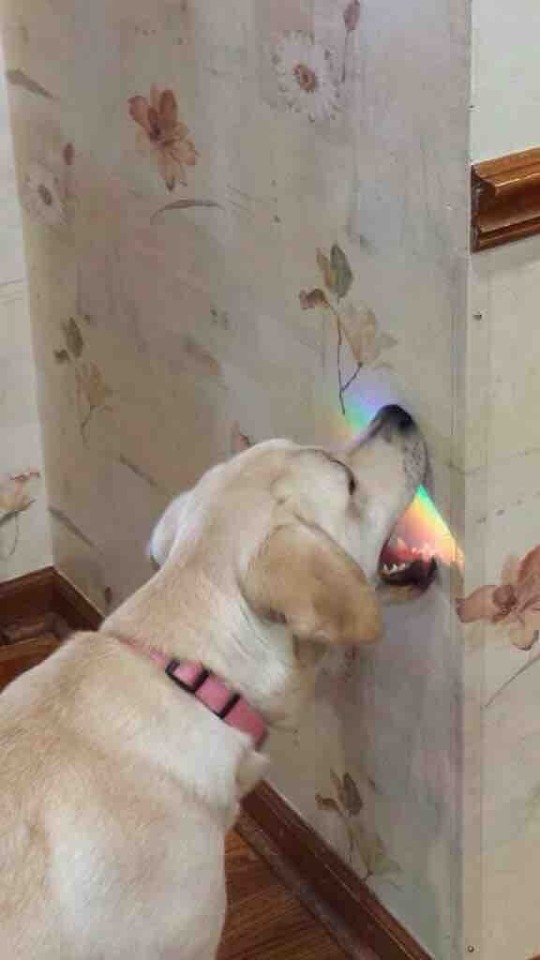
It’s magically delicious http://cute-overload.tumblr.com source: http://imgur.com/r/aww/aPFzTID
70 Ask-Questions for Science people... because Science
What’s your major/field?
What made you choose your major/field?
What’s your favorite thing to do in the lab?
What’s the most interesting lab story?
What’s your favorite class?
Which professors do you ship together?
Annoying things your labmates do?
What are your thoughts on animal testing?
Any chemical burns or lab related accidents?
On a scale from 1 to 10 how sensitive are your lab scales?
Who’s your favorite scientist?
Who’s your least favorite scientist?
Favorite female scientists?
Do you do field work? What kind?
Ever tasted an experiment?
What are your typical daydreams about?
How often do you say “for science”?
Do you think about murdering someone with science?
Ever used your scientific knowledge for “bad” stuff?
Whats the most “evil scientist” thing you can think of?
If you had infinite funding, what would your research be about?
What is your favorite scientific theory?
Is a scientific mind attractive to you?
What is your title?
What is the role of technology in your field?
What do you enjoy most about doing science?
What do you enjoy least about doing science?
What is your tolerance on stupidity?
What are your strengths in your field of study?
Your weaknesses?
Do you have a bit of a god complex?
Why are biology majors so….you know..
What motivates you?
Do you like being supervised?
Describe your analytic abilities.
How would your friends describe you?
How would your professors describe you?
Is math a little bit too mathy for you?
Do you code? if yes, how many languages?
Thoughts on AI and robots?
What’s your favorite science blog?
Philosophical views on humanity and nature?
What are your short term and long term career goals?
Do you understand general relativity?
Favorite Dinosaur? Fossil? whatever…
How many bones can you name in medical terms?
How many muscles can you name in medical terms?
What’s your favorite molecule?
Do you like proofs or cold hard Mathematics?
What’s your favorite element?
Favorite show?
Favorite scientific fictional character?
What’s your favorite micro organism?
Have you ever held an organ in your hands?
Lab coats?
What about … lab goats?
White latex gloves or blue ones?
What’s the most dangerous experiment you’ve done in the lab?
What was the first time you got caught doing science?
What was you’r parent’s reaction when you told them you’re a scientist?
Except for lab coats in the bedroom what other kinks do you have?
What would you do a TED talk on?
Are you creative, artistic?
Do you have an attractive professor you can’t pay attention to?
What’s your favorite mineral?
What scientific books would you recommend?
Thoughts on spectral analysis?
Any interesting stories from the lab?
Ever did or thought about doing it or someone in the lab?
How much science is too much science?
Compiled by: rudescience




Interview: Stunning Vertical Panoramas of Churches by Richard Silver
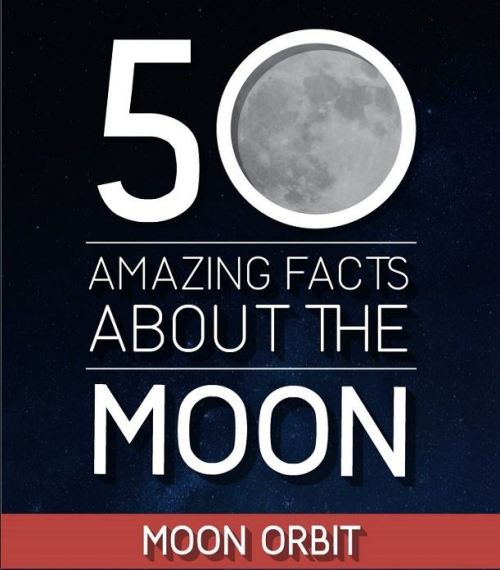
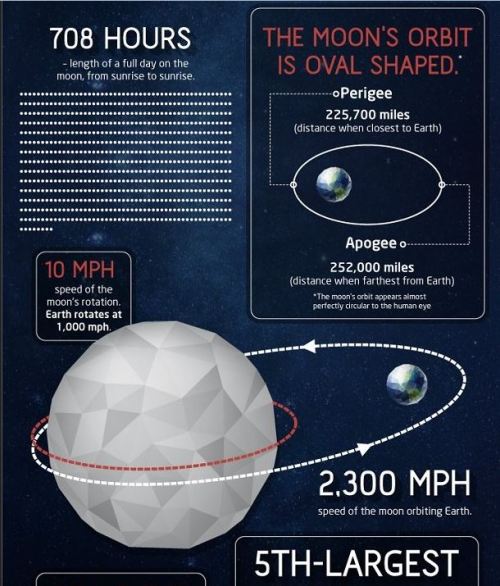
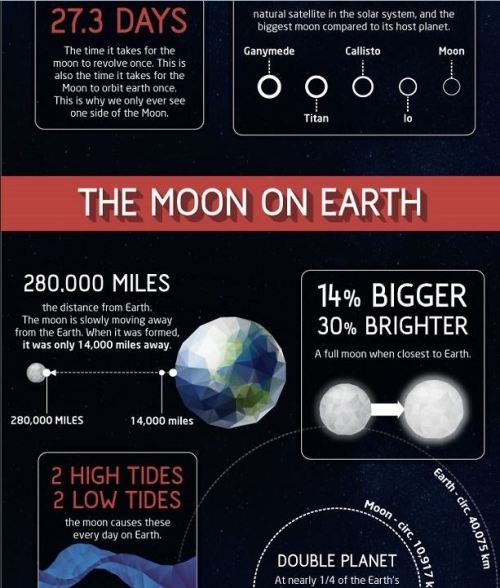
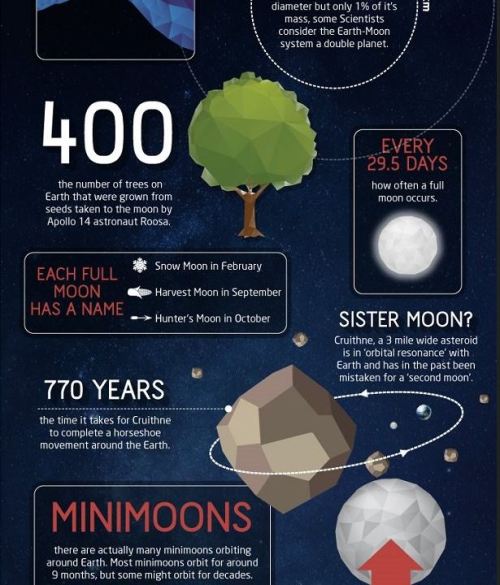
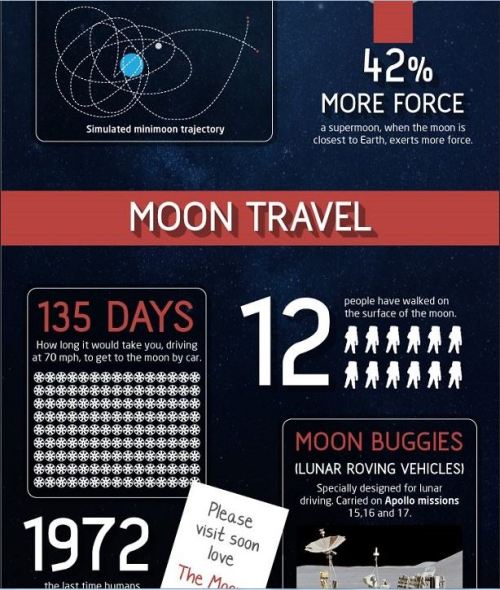
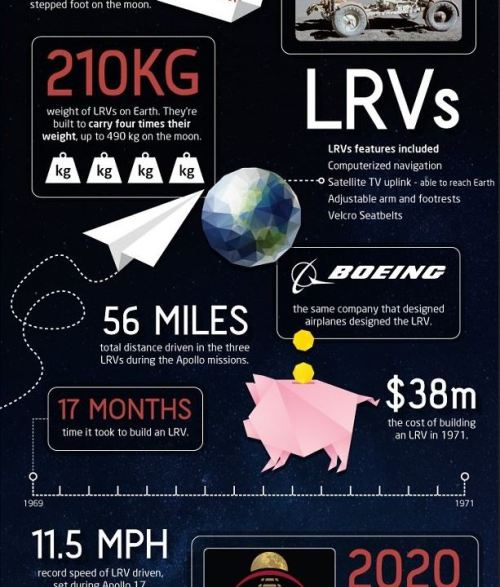
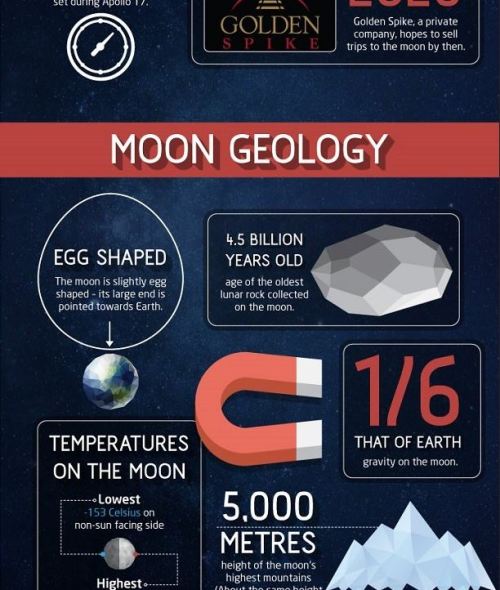
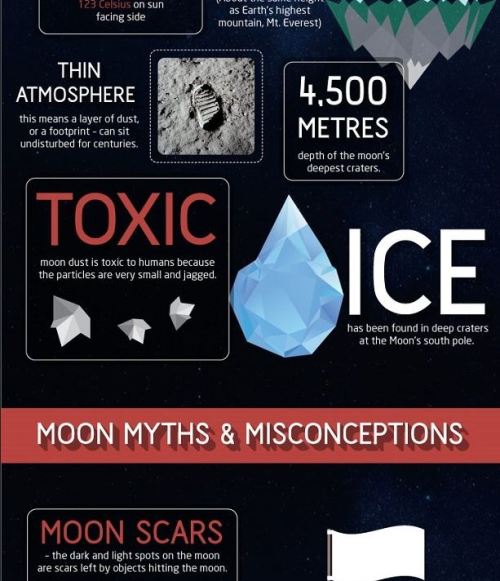
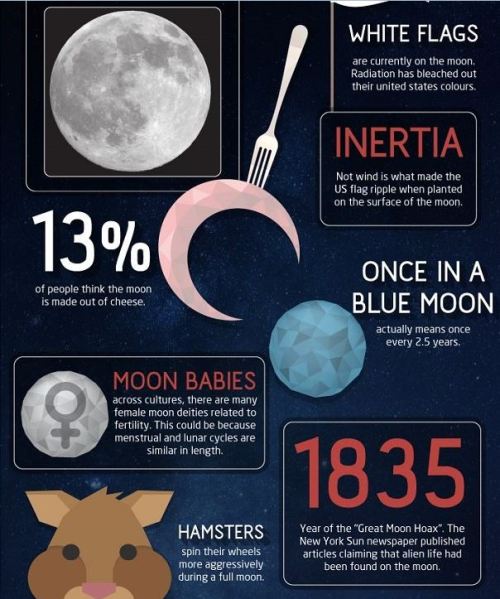
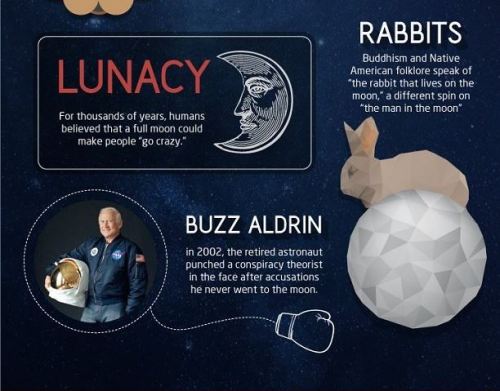
50 Amazing Fact About the Moon
(Source)



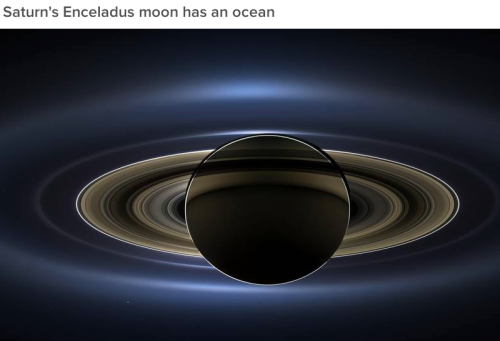

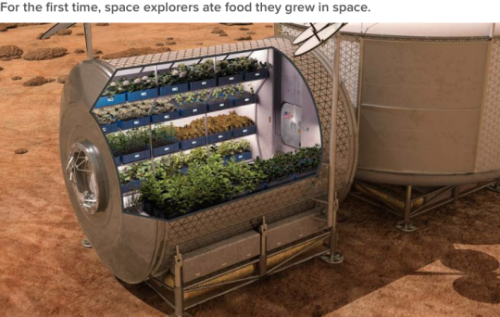
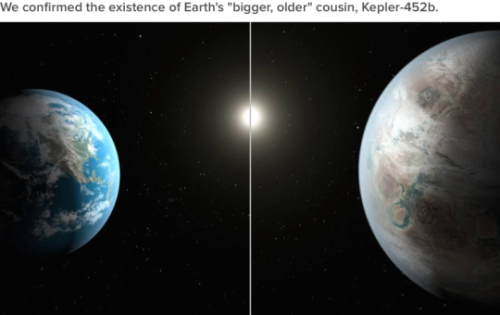


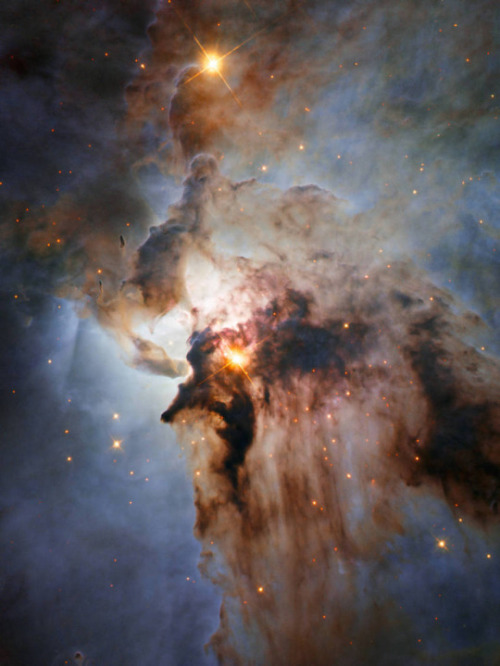
From water on Mars to Pluto’s heart, 2015 was a huge year of discovery for NASA. These don’t even mention, the “close encounters” we had with celestial objects this year.
-
 notmenotnow liked this · 5 years ago
notmenotnow liked this · 5 years ago -
 itschristinathewallflower liked this · 7 years ago
itschristinathewallflower liked this · 7 years ago -
 imyellingkimber liked this · 7 years ago
imyellingkimber liked this · 7 years ago -
 alyxtra reblogged this · 7 years ago
alyxtra reblogged this · 7 years ago -
 universumnow reblogged this · 8 years ago
universumnow reblogged this · 8 years ago -
 arrypottuh reblogged this · 8 years ago
arrypottuh reblogged this · 8 years ago -
 huffledoof liked this · 8 years ago
huffledoof liked this · 8 years ago -
 the-moon-and-stars-my-love reblogged this · 8 years ago
the-moon-and-stars-my-love reblogged this · 8 years ago -
 the-moon-and-stars-my-love liked this · 8 years ago
the-moon-and-stars-my-love liked this · 8 years ago -
 monkey-bee reblogged this · 8 years ago
monkey-bee reblogged this · 8 years ago -
 kneesbutt reblogged this · 8 years ago
kneesbutt reblogged this · 8 years ago -
 indie-wolf liked this · 8 years ago
indie-wolf liked this · 8 years ago -
 brieflyshadowywasteland reblogged this · 8 years ago
brieflyshadowywasteland reblogged this · 8 years ago -
 iaminyellowsubmarine-blog reblogged this · 8 years ago
iaminyellowsubmarine-blog reblogged this · 8 years ago -
 licaloca-blog reblogged this · 8 years ago
licaloca-blog reblogged this · 8 years ago -
 licaloca-blog liked this · 8 years ago
licaloca-blog liked this · 8 years ago -
 vaerde7 liked this · 8 years ago
vaerde7 liked this · 8 years ago -
 vaerde7 reblogged this · 8 years ago
vaerde7 reblogged this · 8 years ago -
 artbeet reblogged this · 8 years ago
artbeet reblogged this · 8 years ago -
 efflare liked this · 8 years ago
efflare liked this · 8 years ago -
 xeno-linguist liked this · 8 years ago
xeno-linguist liked this · 8 years ago -
 tiranosauriosrex liked this · 8 years ago
tiranosauriosrex liked this · 8 years ago -
 writer0-5-blog liked this · 8 years ago
writer0-5-blog liked this · 8 years ago -
 brieflyshadowywasteland reblogged this · 8 years ago
brieflyshadowywasteland reblogged this · 8 years ago -
 brieflyshadowywasteland liked this · 8 years ago
brieflyshadowywasteland liked this · 8 years ago -
 sosalaphoto reblogged this · 8 years ago
sosalaphoto reblogged this · 8 years ago -
 pale-ness reblogged this · 9 years ago
pale-ness reblogged this · 9 years ago -
 happilychasingshadows reblogged this · 9 years ago
happilychasingshadows reblogged this · 9 years ago -
 frozen-heart-in-a-summer-da-blog liked this · 9 years ago
frozen-heart-in-a-summer-da-blog liked this · 9 years ago -
 mywonderworld2 reblogged this · 9 years ago
mywonderworld2 reblogged this · 9 years ago -
 chang3perspectives reblogged this · 9 years ago
chang3perspectives reblogged this · 9 years ago -
 chang3perspectives liked this · 9 years ago
chang3perspectives liked this · 9 years ago -
 spidyballs liked this · 9 years ago
spidyballs liked this · 9 years ago -
 chaseth3world liked this · 9 years ago
chaseth3world liked this · 9 years ago -
 salvatore-alex liked this · 9 years ago
salvatore-alex liked this · 9 years ago -
 anthro-warp reblogged this · 9 years ago
anthro-warp reblogged this · 9 years ago -
 anthro-warp liked this · 9 years ago
anthro-warp liked this · 9 years ago -
 childofyeezy liked this · 9 years ago
childofyeezy liked this · 9 years ago -
 i--solemnly-swear-blog liked this · 9 years ago
i--solemnly-swear-blog liked this · 9 years ago -
 watdofak reblogged this · 9 years ago
watdofak reblogged this · 9 years ago -
 watdofak liked this · 9 years ago
watdofak liked this · 9 years ago -
 dbtl reblogged this · 9 years ago
dbtl reblogged this · 9 years ago